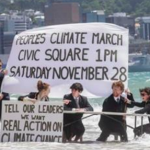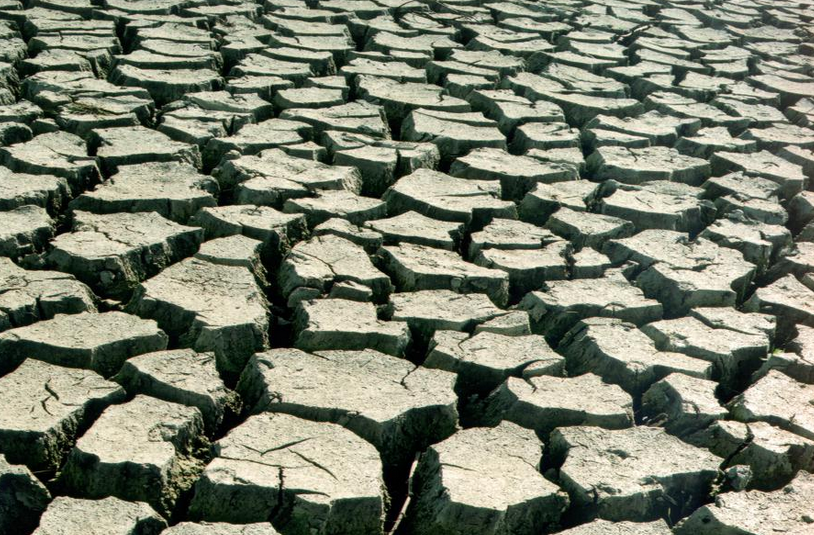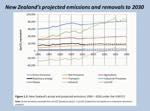As I write I’m in London, in unseasonably warm weather (bar a cold snap over the weekend), nearly the end of November and there’s still green leaves on the trees.
 The World Meteorological Organisation has now confirmed that 2010-2015 has been the hottest five year period in recorded history, and 2015 is shaping up to be the hottest ever. We’re heading into possibly the strongest El Niño ever recorded, with its full fury yet to really hit. Batten down the hatches people, it’s going to be a wild ride.
The World Meteorological Organisation has now confirmed that 2010-2015 has been the hottest five year period in recorded history, and 2015 is shaping up to be the hottest ever. We’re heading into possibly the strongest El Niño ever recorded, with its full fury yet to really hit. Batten down the hatches people, it’s going to be a wild ride.
And it’s not just the weather that’s heating up. With just a few days until the Climate Summit begins in Paris, the meeting itself is now set to break a record, as negotiations will start on Sunday evening, an unprecedented move for a climate meeting.
The French Government is doing its best to avoid another Copenhagen, carefully placing the 130 World Leader event at the beginning of the summit, not the end, to avoid risking the “agree to anything and call it a groundbreaking deal” situation that happened in 2009. Continue reading “A climate of Peace in Paris?”






You must be logged in to post a comment.